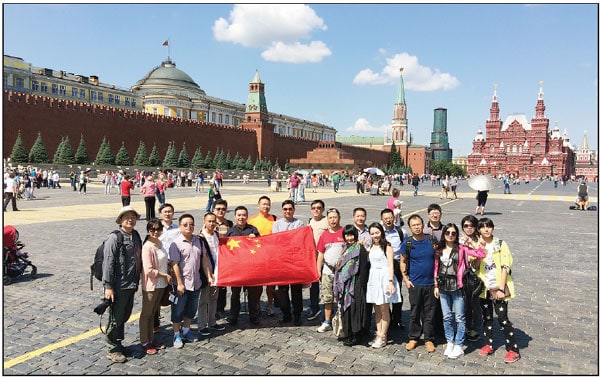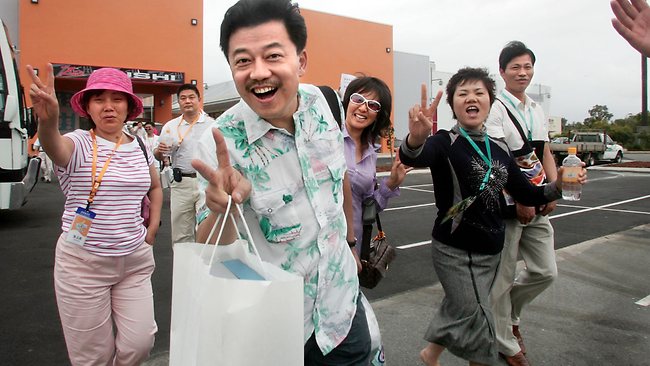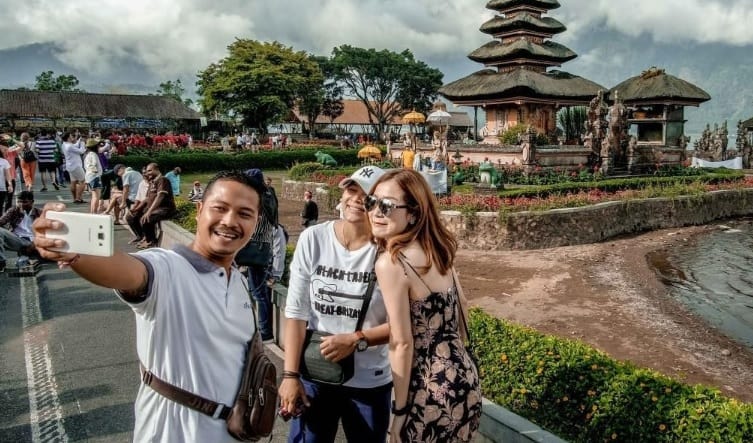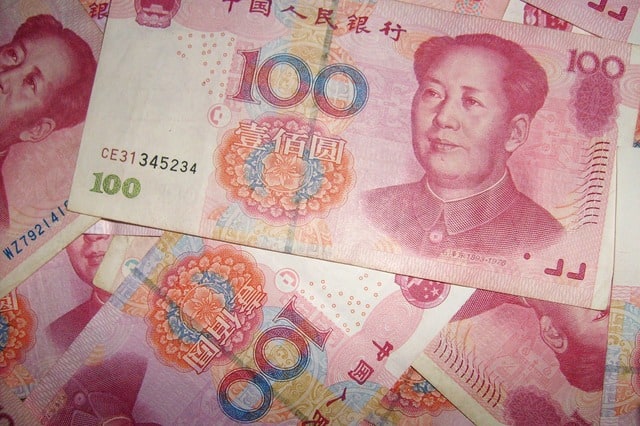China’s Tourists are increasingly modern, and most travel small businesses are not digitalized
China’s voyagers are increasingly modern today.
most travel small businesses are not (enough) digitalized
As the world’s most voyage country, China is reshaping worldwide in the travel industry.
10% of worldwide tourists are Chinese

An industry that creates 10 percent of the world’s total national output (Gross domestic product), and gives around one of every ten occupations around the world.
In this start of 2019, China tallies 1.4 billion occupants, precisely multiple times more than the USA and numerous times more than the UK. It is additionally the third most exceptional nation on the planet, and it mirrors its assorted variety: 24 Chinese ethnicities and around 200 communicated in dialects. Getting a handle on the Chinese visitors in this way appears to be entangled, as they were 220 million out of 2018 to have ventured to the far corners of the planet. Be that as it may, we watch some basic travel patterns, concerning their touristic tastes and conduct.
As the thousand years began with 10 million outings being taken by Chinese outside the territory, a year ago, the figure was short of 150 million, including guests destined for Hong Kong, Taiwan, and Macau.
This is the most significant number for any nation ever.
Yet, since Chinese making a trip abroad still adds up to only underneath 10 percent of China’s 1.4 billion People, there is no big surprise that this market still has enormous potential – regardless of whether toward the beginning of October less Chinese traveled to another country during their Brilliant Week for home goals.
The Chinese travelers speak to a piece of the higher-white collar class and the privileged, to be specific 18% of the Chinese populace, or 250 million Chinese. They are overall 34 years of age and for the most part, set up their excursion in a Chinese travel organization.
An unmistakable quality of the Chinese vacationer is that he regularly goes in a gathering. In spite of mainstream thinking, the developing Chinese hunger for abroad outings is not just the aftereffect of expanding discretionary cashflow. The rearrangements of universal travel, the unwinding of visa prerequisites by numerous nations, less expensive air passages, and the simplicity of moving around in the advanced period, all event without a moment’s delay, have chopped down both the monetary, managerial, and mental obstacles that not very far in the past made abroad travel a leisure activity for only a select few.
“Globalization is prompting the expulsion of hindrances for the travel industry,” said Altai
Kulginov, city hall leader of Nur-Sultan, Kazakhstan’s capital, during the eighth Joined
Countries World The travel industry Association (UNWTO) Summit on Urban The travel
industry.
Yet, regardless of this clear contracting of geology, Chinese still overwhelmingly support nearer and socially progressively common goals when voyaging abroad, with warm Southeast Asia taking seven of the best ten spots for the most visited nations by Chinese. A rundown bested by Thailand, Japan, and Vietnam.
Chinese voyagers are large in numbers, yet additionally with regards to the profundity of their pockets. In what likely could be a typical issue, in 2012, the Chinese took over Americans as the world’s biggest traveler spenders. In any case, Americans still spend too much on more per individual than any other person.
As indicated by the UNWTO, a year ago, Chinese identification holders were liable for one-fifth of all worldwide travel industry spending: an impressive US$277 billion.
2000$ per trip
This normal to about US$2,000 per trip. Changing travel tastes Their preferred goals are substantially close by nations: South Korea, Taiwan, Japan, and
Thailand. At that point, Europe pulls in them the most — with 24.6% of the pieces of the pie for France, 15.6% for Germany, 9.2% for Switzerland, and 8.7% for Spain. When all is said in done, they do not communicate in some other language than Mandarin or Cantonese, not by any means English. This may require the expansion of the Chinese in your site or paper advisers for better contact with them.

Total cost travel 4000$
The typical spending plan of the Chinese voyagers — transport, convenience, and costs included — is about $4000. They, as a rule, spend a modest quantity of cash on lodging or eateries, yet an enormous measure of money on shopping! They once in while travel, which is the reason they make the most of their movement the most to purchase a ton, and in this way clarifies the extraordinary bit of their spending limit devoted to shopping (16%).
How Chinese go through their cash abroad is developing as well. Beijing’s ongoing cut in the worth included duty (Tank) of extravagance products is relied upon to support spending on these merchandise in China to the detriment of utilization abroad.
End of ugly Chinese tourists?

Hence, the original picture of Chinese vacationers sprinkling out on shopping binges the world over may before long become a by-gone generalization. A portion of the money that Chinese will never again spend in remote high-boulevards may well wind up in working theaters. Just a year ago, more than 600,000 Chinese voyaged abroad for wellbeing registration (118,000 only to South Korea) to attempt malignant growth medications, heart, and transplants activities, or to have restorative methods.
The UNWTO brings up that the younger age in China, for the most part, sees go as an approach to appreciate and pick up life encounters, as opposed to a chance to buy an item.
Since twenty to thirty-year-olds make up a developing fragment of China’s global explorers, and they will be the vast spenders of tomorrow, it is anything but difficult to perceive how the Chinese are step by step westernizing the drivers behind their abroad excursions.
Anticipate increasingly independent Chinese voyagers, a blast on themed visits about nearby ways of life, and a growing interest for nature of goals – consider expensive shows finished off by high-end food – as opposed to the number of spots flashed at. Another movement ready to engage more explorers from China is safaris, with African nations like Zambia, Tanzania, Botswana, and Rwanda previously endeavoring endeavors to bait them. Talking as an afterthought line of the UNWTO General Gathering in Holy person Petersburg in September, Ephraim Kamuntu, Uganda’s Clergyman of The travel industry, Untamed life and Artifacts, communicated his desires to see progressively Chinese vacationers visiting his nation.
Read
- https://chinesetouristagency.com/marketing-strategies-attract-chinese-tourists/
- https://chinesetouristagency.com/lead-generation-agency/
- http://ecommerce-china.blogspot.com/2016/04/social-media-in-china-huge-opportunity.html
- http://china-market-research.blogspot.com/2016/04/china-outrage-over-viral-video.html






